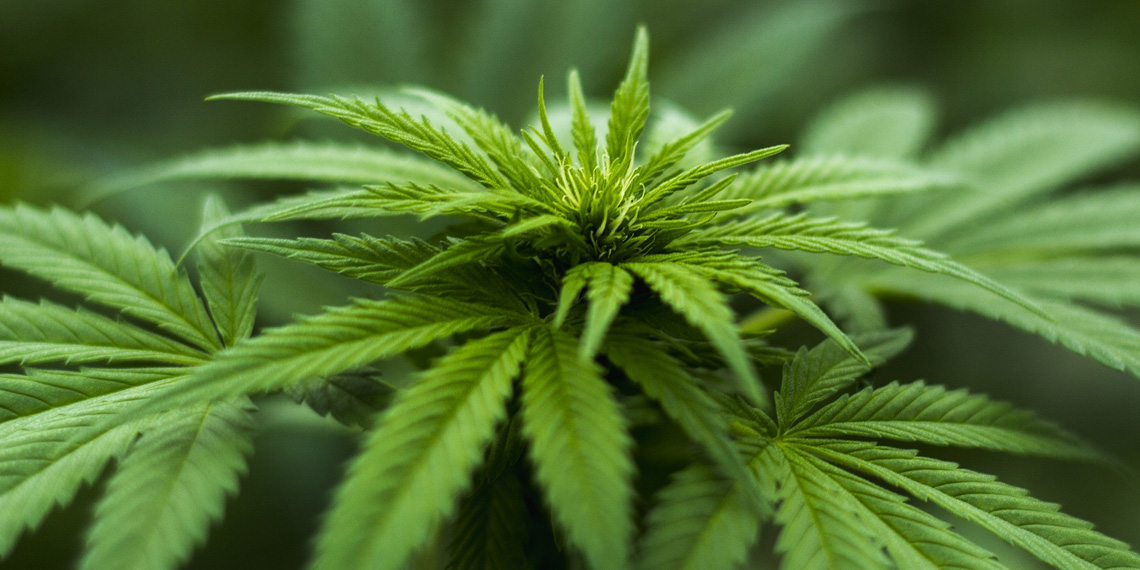Fitness
Prenatal cannabinoid exposure appears to have a strange impact on early language development

A recent study published in Frontiers in Pediatrics has found that infants exposed to cannabis in the womb tend to exhibit improved language development by their first birthday. This surprising finding sheds light on the impacts of prenatal cannabis exposure on one aspect of early childhood neurodevelopment. However, experts advise that women avoid cannabis use during pregnancy due to known risks and unknown long-term effects.
The medical community has been concerned about the rise in cannabis use among pregnant women, particularly with a large spike in use occurring during the COVID-19 pandemic. Previous research on prenatal cannabis exposure is limited, but some studies have suggested that exposure to cannabis while in the womb could lead to neurodevelopmental issues in children, including cognitive abnormalities.
The research team, led by Maria M. Talavera-Barber from Avera Research Institute in South Dakota, embarked on this study to better understand the impact of exposure to cannabis while developing in a mother’s womb.
The researchers recruited 207 pregnant individuals and their 12-month-old infants who were part of The Safe Passage Study. This was a large prospective study that followed participants from 2007 to 2015.
Talavera-Barber and colleagues assessed the infants according to the Mullen Scale of Early Learning, a tool that assesses cognitive development in children from 2 days old to 68 months. The scale focuses on gross motor skills, fine motor skills, expressive language, receptive language, and visual reception, where higher scores indicate more comprehensive development.
Prenatal cannabis exposure was collected from the mothers through self-report. Participants were categorized based on whether the exposure to cannabis occurred early (first trimester only; 51 participants) or late (second or third trimester; 18 participants), and they were randomly matched with unexposed participants for comparison (138 participants).
The team then analyzed the data using statistical models to explore the relationship between cannabis exposure and developmental outcomes.
Unexpectedly, infants who were exposed to cannabis later in pregnancy scored higher in both expressive and receptive language areas than those who were not exposed.
Additionally, infants exposed early in pregnancy showed better gross motor skills, although there was no difference in fine motor skills and visual reception skills.
The authors concluded, “preclinical studies have shown abnormal brain connectivity in offspring exposed to cannabis affecting emotional regulation, hyperactivity, and language development. Results from this study link [prenatal cannabis exposure] to altered early language development within the first year of life. Exposed infants demonstrated increased expressive and receptive language scores at 12 months of age, which can translate to better performance in school. However, further research is needed to determine the implications of these results later in childhood.”
Notably, this study is not without its limitations. The data on cannabis use was self-reported, with a lack of information regarding frequency, mode, and quantity of cannabis use. Moreover, the study did not account for the potential postnatal exposure of infants to cannabis.
Despite the surprising findings, pregnant women should still avoid using cannabis. Cannabis use during pregnancy is associated with other health risks, such as low birth weight, premature birth, and developmental issues, including attention deficit/hyperactivity problems. The risks to the fetus from cannabis compounds, such as tetrahydrocannabinol (THC), which can cross the placenta and affect fetal brain development, are well-documented in other research.
Medical organizations, including the American College of Obstetricians and Gynecologists, advise against the use of cannabis during pregnancy due to the potential risks to fetal development. These guidelines are based on a broad review of available evidence, which generally supports the avoidance of cannabis use.
Given these concerns, pregnant women should err on the side of caution and avoid cannabis use to protect the overall health and development of their child. The potential benefits observed in one aspect of development do not outweigh the known and unknown risks associated with prenatal cannabis exposure.
The study, “Prenatal cannabinoid exposure and early language development”, was authored by Maria M. Talavera-Barber, Evlyn Morehead, Katherine Ziegler, Christine Hockett, and Amy J. Elliott.










